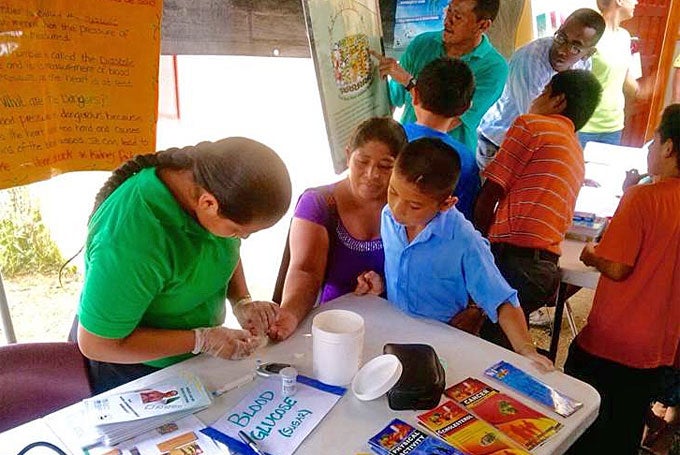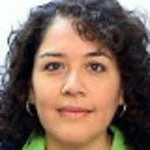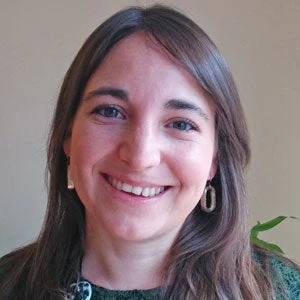
June is almost upon us, and in many parts of the world that means graduation ceremonies. While graduation may elicit images of black robes, flat square caps, and the flipping of tassels, in the Toledo District of Belize, this June, graduation will be all about medical kits, scales, and growth monitoring tools because … the community health workers (CHWs) are graduating!
CHWs are a key element of Belize’s human resources for health strategy, especially in harder to reach rural areas such as the Toledo District. Toledo is Belize’s southern-most district, bordering Guatemala, and is comprised of a diverse population made up of Garifuna, creoles, and indigenous Mayans, among others. While rich in its cultural diversity, Toledo is the country’s poorest district, accounting for the highest rates of malnutrition on a national level. Toledo’s remote location translates to limited access to health services and reduced presence of health workers.
While the District of Belize reports 57.4 health professionals per 10,000 population, that number drops dramatically to 16.7 in the Toledo District. While health professionals are present across the Toledo health network (in hospital, polyclinics, and health centers) and do make field visits, it is difficult for them to cover Toledo’s 52 widespread villages alone. CHWs play an important role in providing a permanent and direct presence in each of these remote villages.
In an effort to respond to this challenge, Belize’s Ministry of Health, with the support of the Improving Children’s Health and Nutrition Project, a World Bank grant financed through the Japanese Social Development Fund (JSDF), decided to enhance its CHW program in Toledo.
The initial CHW program consisted of basic-level functions performed by CHWs, such as the presentation of general public health information. The enhanced program builds on this and provides more technical-level training, equipment, and materials, which strengthen the skill set of CHWs and expand the functions they can now take on to support the delivery of maternal and child health (MCH) services to the Toledo District’s population. The training program consists of prenatal care and breast-feeding counseling, nutritional counseling, growth and height monitoring in children, and tracking of non-communicable diseases s (hypertension and diabetes).
In addition to training, the CHWs are also provided with proper equipment to enable them to take on this enhanced role. Such tools include first aid kits, scales, and weight and height monitoring growth charts.
One exciting part of the program is an innovative e-health component, which provides each CHW with a smartphone that, in this first phase, will help create a CHW support and referral network. The network will put CHWs in direct contact with one another and with health workers at the hospital, polyclinics and health centers for cases requiring referrals. This first phase also includes training CHWs on the use of four specific apps, downloaded onto each smartphone, which provide guidance and monitoring tools on first aid, environmental health, prenatal care, and growth monitoring.
In a second phase, each CHW’s smartphone will be updated to carry an app that allows them to collect data on key maternal and child health services and feed the data directly back into the national Belize Health Information System (BHIS) to support national monitoring.
This June, 18 CHWs will graduate from training. As part of their graduation ceremony, they will receive a CHW backpack filled with first aid kits, monitoring tools, smartphones, and official jackets. The new graduates will bring the total number of CHWs in Belize’s Toledo District to 64, which means at least one dedicated CHW present in each of Toledo’s 52 villages and increased access to health services for Toledo’s population.
So this June, in our families, not only will we be celebrating one child’s graduation from kindergarten and a niece’s graduation from middle school, we’ll also be celebrating the graduation of the Toledo District CHWs, whom our project has supported these last few years.
Yes, there will be robes and tassels, and we’re glad to say that there will also be medical kits and scales. Congratulations to the Class of 2015!
Follow the World Bank health team on Twitter: @WBG_Health
Related
World Bank and Health
World Bank and Belize



Join the Conversation